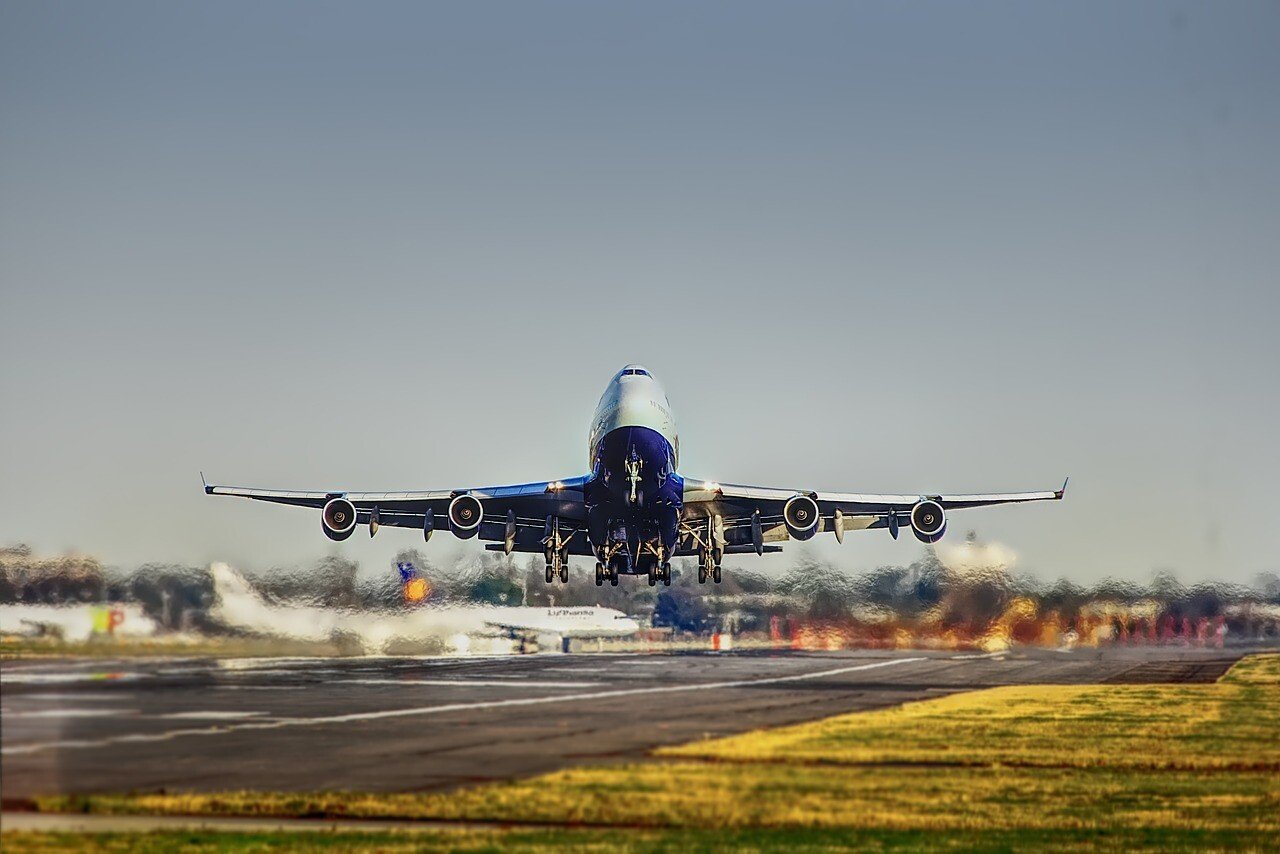President Donald Trump has announced a sweeping travel ban affecting citizens from 19 countries, set to begin Monday at 12:01 a.m. This policy revives a key measure from his first term, but with changes to both the countries included and implementation approach.
The ban completely restricts entry for nationals from 12 countries: Afghanistan, Myanmar, Chad, Republic of Congo, Equatorial Guinea, Eritrea, Haiti, Iran, Libya, Somalia, Sudan, and Yemen. Another seven countries face partial restrictions: Burundi, Cuba, Laos, Sierra Leone, Togo, Turkmenistan, and Venezuela.
Unlike the 2017 ban that caused immediate airport chaos, this version includes a cushion period before taking effect. The Supreme Court previously upheld Trump’s authority to implement such restrictions, potentially putting the administration on firmer legal ground this time.
In his announcement, Trump linked the policy to national security concerns, particularly citing Sunday’s terror attack in Boulder, Colorado. However, the suspect in that attack is from Egypt, which is not included in the ban list.
Similar Posts
“We don’t want them,” Trump stated in a video message explaining the restrictions.
The White House proclamation outlines specific justifications for each country’s inclusion. Many countries made the list due to high visa overstay rates. For example, Chad had a business/tourist visa overstay rate of 49.54% in 2023, while Equatorial Guinea had a student visa overstay rate of 70.18%.
Other factors cited include inadequate identity management systems, lack of security screening capabilities, and historical refusal to accept deportees. The proclamation specifically mentions Iran as a “state sponsor of terrorism” that “regularly fails to cooperate with the United States Government in identifying security risks.”
Afghanistan’s inclusion has drawn criticism from refugee advocates. Shawn VanDiver of #AfghanEvac called it “a moral disgrace” that “spits in the face of our allies, our veterans, and every value we claim to uphold.” The ban does make exceptions for Afghans on Special Immigrant Visas who worked with the U.S. government during the war.

Haiti’s inclusion reflects concerns about both high overstay rates and the large number of Haitian migrants who entered the U.S. during the Biden administration. The proclamation states Haiti “lacks a central authority with sufficient availability and dissemination of law enforcement information.”
The ban includes exceptions for U.S. permanent residents, dual nationals traveling on passports from non-banned countries, diplomats, athletes participating in major sporting events, immediate family members with clear evidence of relationships, adoptions, and some religious minorities facing persecution.
Every 180 days, officials will review whether the restrictions should continue, be modified, or end. The proclamation also directs immediate engagement with affected countries on measures they can take to improve their security cooperation with the United States.
Aid groups have condemned the policy, with Oxfam America’s president Abby Maxman stating, “This policy is not about national security — it is about sowing division and vilifying communities that are seeking safety and opportunity in the United States.”


















